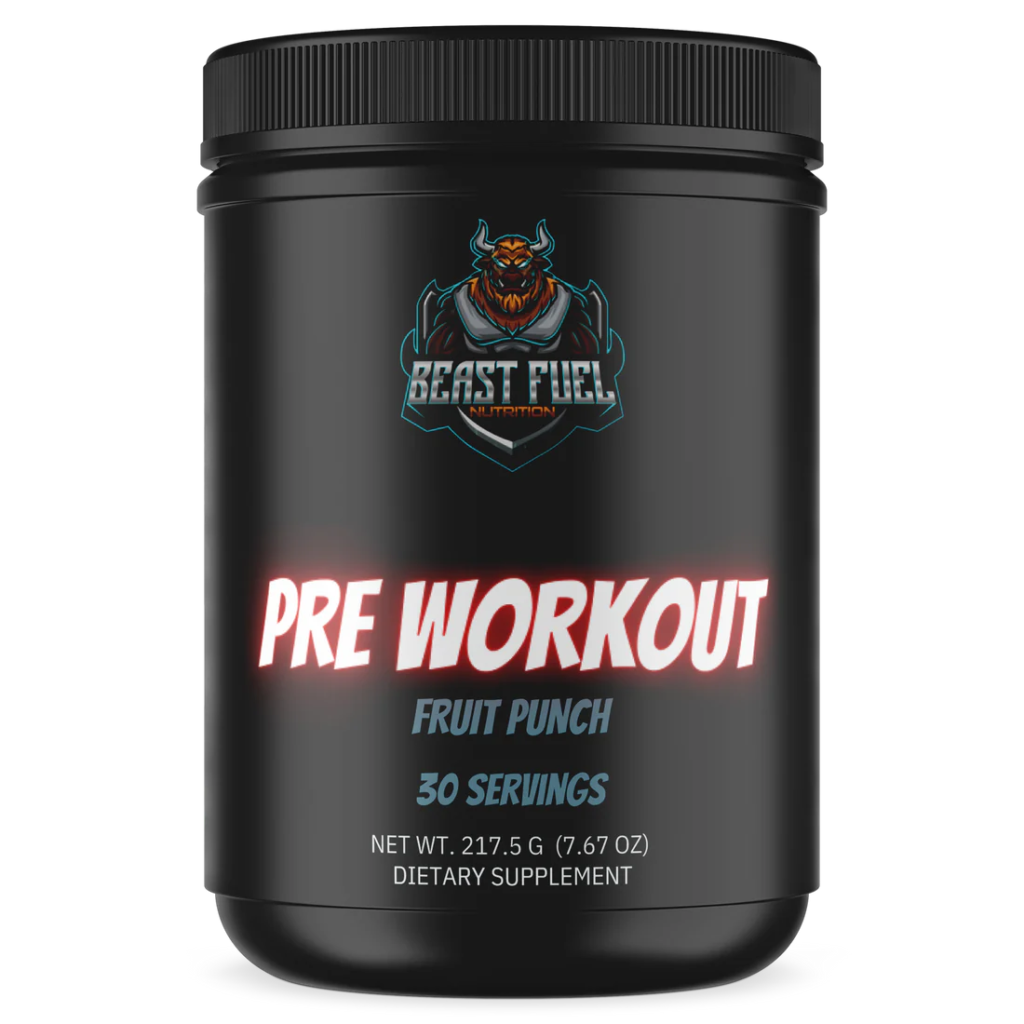Muscle stiffness and tiredness are common following a vigorous exercise. Building strength, enhancing performance, and getting the body ready for the next session depend on a process of recovery. Including the correct recovery vitamins will help to drastically hasten the mending process and lessen soreness following exercise. The best workout recovery supplement guaranteed to guarantee rapid recovery and enable you to bounce back faster will be discussed in this post.
1. The Importance of Workout Recovery
The workout itself is only one aspect; recovery is as vital. Muscles tension and microscopic tears during exercise; they need time to heal and become stronger. Muscles may become tired without enough recovery, which would cause overtraining, poor performance, and maybe injury. Giving the body nourishment to rebuild muscle tissue and lower inflammation depends mostly on supplements. Whether your interests are fitness or elite athletics, speedy recovery depends on selecting the correct supplements.
2. Top Ingredients in the Ideal Workout Recovery Aid Supplements
Knowing the main components that help recovery will help one choose the ideal workout recovery supplement. Targeting muscle regeneration, lower inflammation, and restore lost nutrients, these supplements help The most powerful elements consist in:
a. Branched-Chain Amino Acids, or BCAAs
Muscle recovery depends on leucine, isoleucine, and valine, or BCAAs. By encouraging protein synthesis—which results in speedier healing—these amino acids help restore muscle tissue. Studies reveal that BCAAs taken following exercise can help to lower muscular soreness and tiredness.
b. Creatine
Popular for enhancing performance during high-intensity exercise, creatine is By restoring energy supplies in the muscles, it also promotes muscular recuperation. Studies have indicated that creatine might help muscles heal faster following intense exercise and assist to ease pain.
c. Glutamine
An amino acid vital for immune system and muscular rehabilitation is glutamine. Glutamine levels in the body drop following heavy activity, which might cause delayed recovery.
d. Omega-3 Fatty Acids
Omega-3 fatty acids found in fish oil are anti-inflammatory in nature. Omega three also helps to reduce joint pain and muscle stiffness, both of which are helpful when helping the muscles recover after exercise.
e. Electrolytes
Magnesium, potassium, and salt are on the electrolyte list vital for rehydration as well as muscular action. Sweat also leads to loss of electrolytes in exercises; that is why it is essential to replace the missing electrolyte once exercised to help with muscle cramps and muscle build up.
3. Low Fat Protein Supplements: Driving Muscle Healing
Rebuilding protein levels is one of the most crucial components of muscle regeneration. Muscle repair and growth are built upon proteins. Low fat protein supplements are a great option for anyone trying to keep their fat intake under control. Perfect for post-workout recovery, these supplements provide premium protein free of extra fat-based calories. Among the finest low-fat sources of proteins are:
a. Whey Protein Isolate
Highly concentrated form of protein with low fat and carbohydrate content is whey protein isolate. Perfect for post-workout ingestion, it is fast absorbed by the body and easily digestive. Whey protein isolate speeds your recovery by helping muscles heal and by lessening pain.
b. Protein Derived from Plants
Plant-based protein supplements include brown rice protein and pea protein are great solutions for those looking for non-dairy substitutes. These naturally low in fat tablets include necessary amino acids. For those with dairy sensitivity, they are also a fantastic substitute since they are simpler on the digestive tract.
c. Casein Protein
Considered a slow-digesting protein, casein protein releases amino acids consistently throughout time. Although casein before bed helps muscles heal during sleep, which is a crucial component of recovery, it is not optimal for instantaneous post-workout recovery.

4. How Anti-Inflammatory Supplements Support Healing
Although strenuous activity causes inflammation naturally, too much inflammation can slow down healing and aggravate muscular discomfort. Some supplements are meant to lower inflammation and help with quicker healing.
a. Turmeric and Curcumin
Strong anti-inflammatory qualities abound in turmeric’s primary component, curcumin. It can help lower inflammation brought on by exercise, ease muscular soreness, and improve general healing. Combining black pepper with curcumin improves its absorption, thereby serving as a strong recovery tool.
b. CBD (Cannabidiol)
Because CBD lowers inflammation and helps muscles heal, it is becoming more and more well-known. Many athletes use CBD oil or pills to alleviate post-exercise discomfort and hasten healing. Although additional study is required, early studies indicate that CBD lowers oxidative stress and inflammation, therefore promoting recuperation.
5. The Part Electrolyte Balance and Hydration Play in Recovery
Although it’s sometimes disregarded, post-workout recovery depends critically on appropriate water. Water by itself is not usually sufficient, particularly following heavy exercise sessions. Using electrolyte-rich pills helps you rehydrate and restore lost minerals, therefore avoiding weariness connected to dehydration. Muscle function depends on sodium, potassium, and magnesium; without them, muscles may grow sore and more likely to cramp.
a. Coconut Water and Electrolyte Drinks
Natural electrolytes abound in coconut water, especially potassium, which is vital for muscle rehabilitation. Many electrolyte beverages also include magnesium and sodium to help with rehydration and ward against muscle cramping.
b. Magnesium Boosters
An important nutrient, magnesium helps control muscle action and stops cramps. Many athletes discover that pre-bed magnesium pills assist to relax muscles and enhance sleep quality—both of which are critical for recovery.
6. Timing Counts: When Should One Take Recovery Supplements?
Your supplement timing might greatly affect healing. For best results, think about the following rules:
- Within 30 minutes of ending your activity, fast-digesting protein—such as whey protein isolate—along with BCAAs and electrolytes is absolutely vital for muscle repair and rehydration.
- To help nighttime recovery, slow-digesting proteins like casein and anti-inflammatory substances like turmeric can be taken before bed.

Relevant Questions
Q: How soon after a workout should I take recovery supplements?
You should ideally take your recovery pills thirty minutes to an hour following your workout. Rebuilding glycogen supplies, healing muscle fibers, and rehydrating the body all depend on this window. During this time especially electrolytes and fast-digesting proteins like whey isolate are quite helpful.
Q: Can low fat protein supplements help with weight management during recovery?
A low-fat protein supplement’s premium quality without additional fat and calories helps control weight. For people trying to either keep or reduce weight during recuperation, they are appropriate since they aid develop muscle while controlling general calorie intake.
7. Last Thoughts: The Road towards Quicker Recovery
Including the best workout recovery vitamins in your regimen can help you recover far faster and lessen post-exercise discomfort. Whether it’s BCAAs, low-fat protein supplements, or anti-inflammatory elements like turmeric, the correct mix of pills can help you feel rejuvenated and ready for your next workout. You may say goodbye to stiffness and speed your recovery by concentrating on muscle regeneration, inflammation reduction, and enough hydration.
In the end, your particular dietary preferences and objectives will determine the appropriate course of supplementation. Still, long-term fitness performance depends on giving recovery top priority.


0 Comments